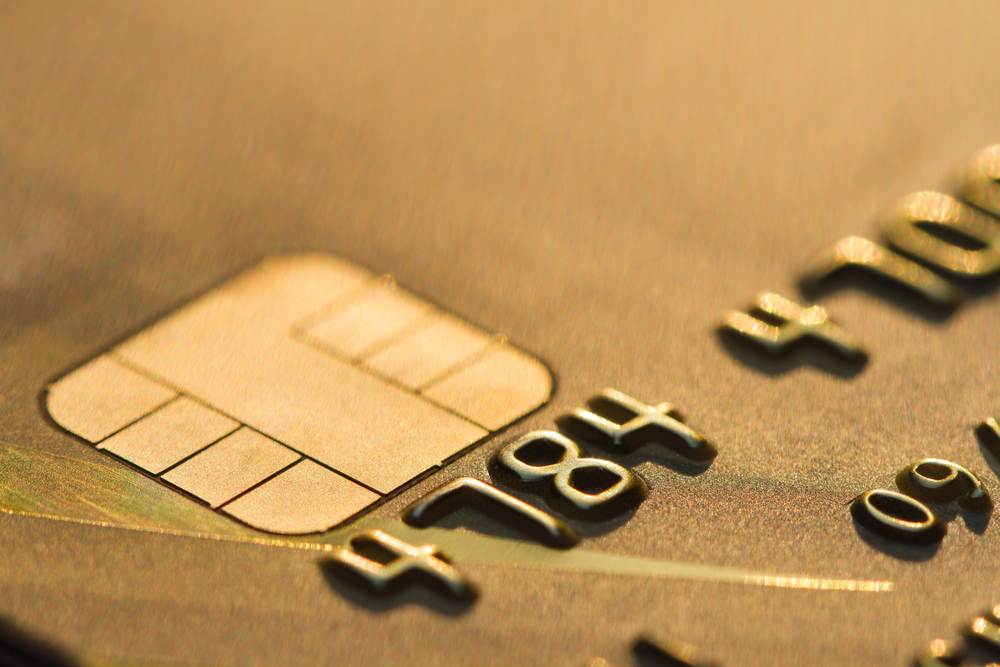The Consumer Financial Protection Bureau (CFPB) is urging credit card companies to avoid using deferred-interest promotions so they do not surprise consumers with high interest rates down the road.

Deferred-interest promotions give consumers a way to buy items such as appliances and furniture, or even medical or dental services, and pay the cost over time. Under a deferred-interest plan, the consumer pays no interest if the purchase amount is paid off within a set period, typically six to 12 months. If any promotional balance remains when the promotional period ends, consumers are charged accrued interest on the promotional balance from the time of purchase. The interest rate on these cards is generally about 25 percent, so these deferred-interest charges can be substantial. A consumer carrying even a small balance past the promotion’s expiration date may owe much more in interest than the remaining purchase balance due.
“With its back-end pricing, deferred interest can make the potential costs to consumers more confusing and less transparent,” CFPB Director Richard Cordray said. “We encourage companies to consider more straightforward credit promotions that are less risky for consumers.”
A 2015 CFPB report found that the number of purchases using deferred-interest promotions rose 21 percent between 2010 and 2013. The Bureau has warned about the consumer risks associated with deferred-interest promotions due to their back-end pricing and associated lack of transparency. It found that more than half of the people who incur deferred-interest charges and have other purchases on the account pay more than the full amount of their promotional balance during the promotional period. More than one third pay more than 150 percent of the full amount of their promotional balance during the promotional period.
In a letter to the credit card companies, CFPB urged them to take a more straight-forward approach.
Instead of deferred-interest promotions, retailers could use a zero-percent-interest promotion. Here, interest is not charged retroactively if the balance is not paid off by the end of the promotional period. Instead, consumers are charged interest only on the balance that remains. This type of promotion has more transparent costs for consumers.
Last month, one of the nation’s largest retailers announced it will no longer offer deferred-interest promotions on its store credit card. It is now offering customers zero-percent-interest promotions on eligible purchases made on that card.
CFPB said consumers should understand how long the promotional or deferred-interest period lasts. Some credit card companies vary the length of the time-period based on the amount of the purchase.
They should also know what the interest rate will be after the promotional period ends. A promotional rate is usually lower than the usual rate on the card. Store credit cards normally carry a much higher rate than a typical bank card.